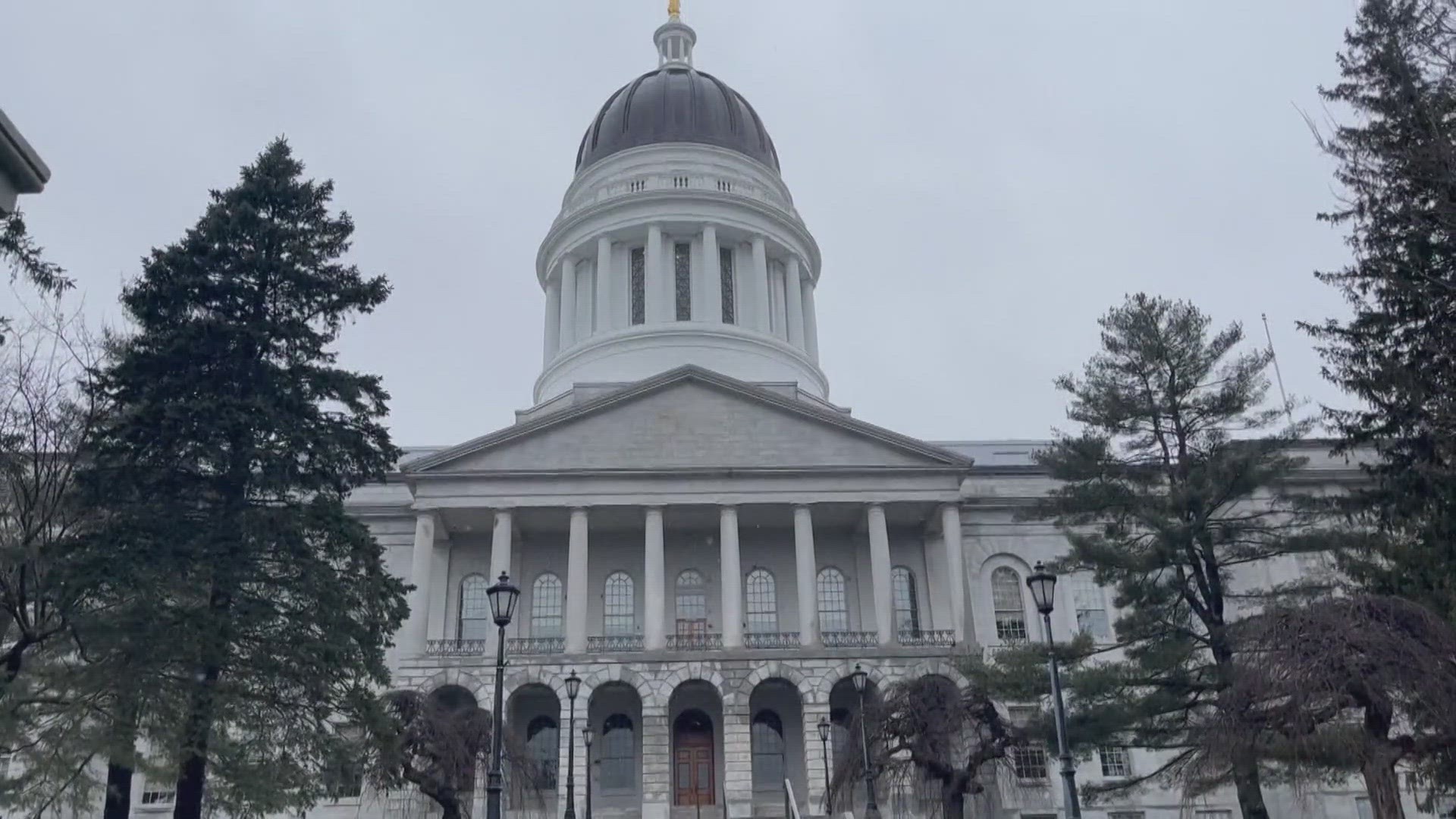AUGUSTA, Maine — In the wake of the decision by Maine Secretary of State Shenna Bellows, a Democrat, to disqualify former president Donald Trump from the Republican primary ballot in 2024, legal arguments in defense of and opposition to the move are swirling around Maine’s political circles.
But for some of the state’s legal scholars, hard battlelines are giving way to a more nuanced perspective. Chiefly about Bellows' assertion that a section of the 14th Amendment to the U.S. Constitution, which bars insurrectionists from holding public office, should be used to block Trump’s presidential aspirations.
“Does [Section 3 of the 14th Amendment] apply to presidents?” Dmitry Bam, a professor at the University of Maine School of Law, asked Saturday. “We don’t know for sure.”
To Bam, the language of Section 3 is vague, and the study of its meaning, drafted to prevent former Confederate soldiers from holding high office after the Civil War, is equally scant.
“There's not a lot of law or precedent to parse through in deciding which approach is the better one,” Bam added.
As such, lawyers and politicians are finding fresh justifications for their views without concern for past rulings. In Maine, this is sparking a debate over whether Trump counts as someone who has “engaged in insurrection," the language used in the 14tth Amendment, even though he hasn’t been convicted of that crime.
Many Republicans involved in the effort to impeach Bellows over her decision to invoke the 14th Amendment say, Trump’s legal rights are being violated by losing a spot on the ballot because he has not been found guilty of the crime of insurrection.
“It's not so much about [the 14th Amendment] anymore,” Mike Soboleski, a Republican state representative, said. “This is about the Fifth Amendment and about [Trump’s] constitutional right to due process.”
Bam entertains this as a possibility, but he said he sees a key counterpoint to this argument.
“Generally speaking, constitutional provisions don’t require a finding of criminal liability,” Bam said, pointing out that a trial isn’t needed to bar a candidate under the age of 35 from becoming president.
Still, Bam warns that if a tool like barring a candidate from an election is used to liberally, it can be made into a weapon used by both sides.
“It really kind of hinges on what you think the core underlying principal of the constitution really is," he added.
As the debate over Bellows’ decision continues, the impact will likely not be tangible any time soon, as Bellows has put a stay on her order to wait on an appeal and a ruling from a superior court.

